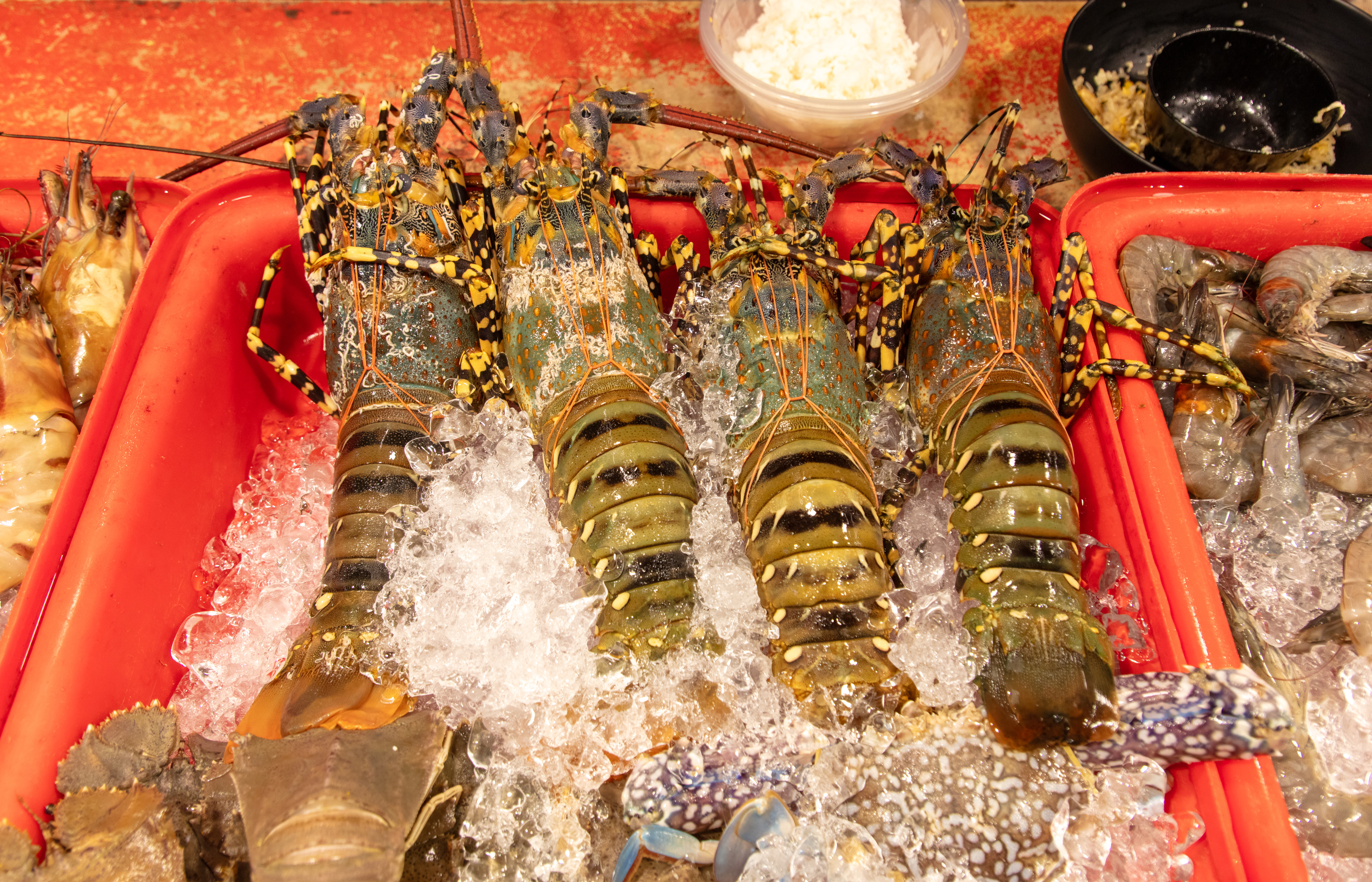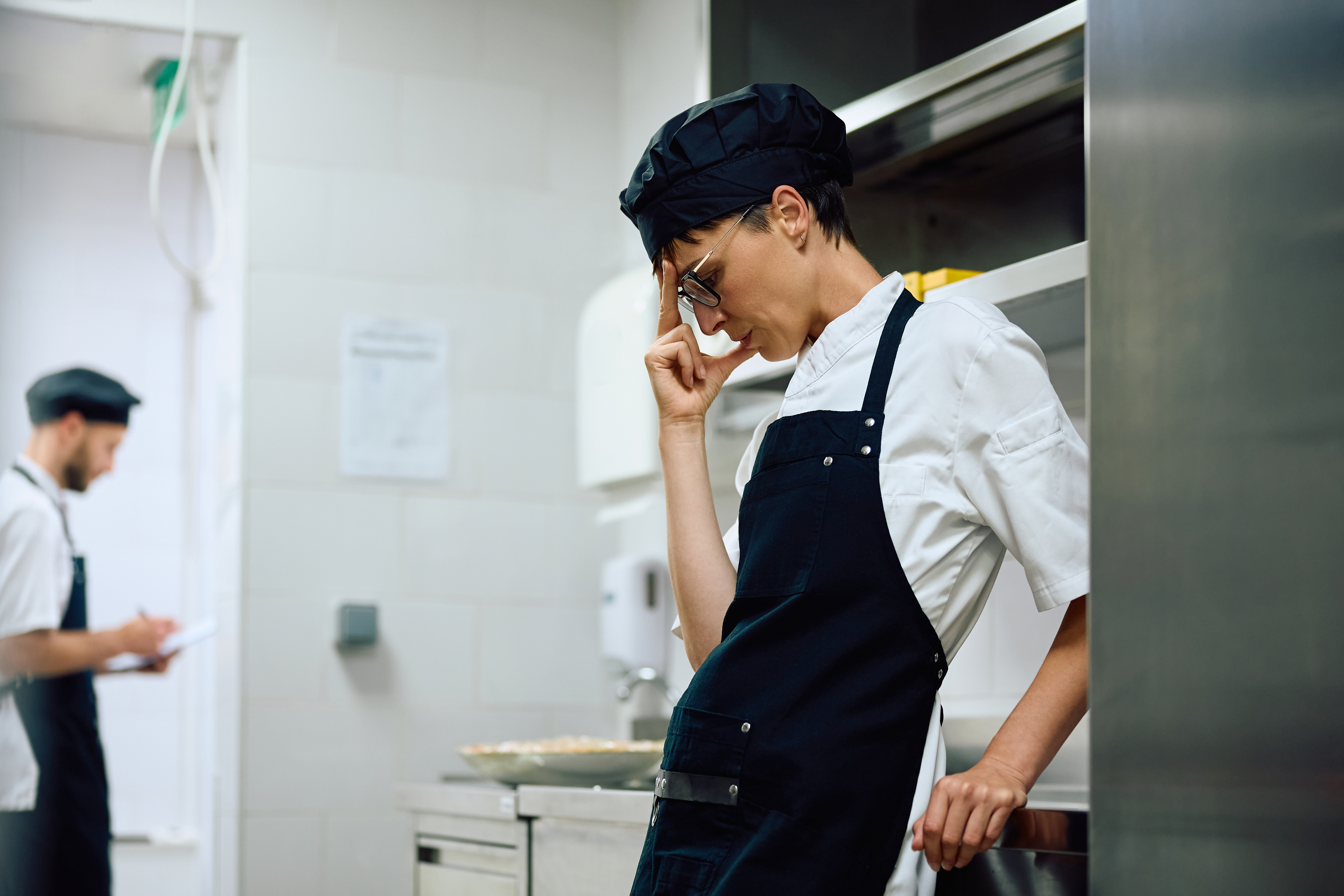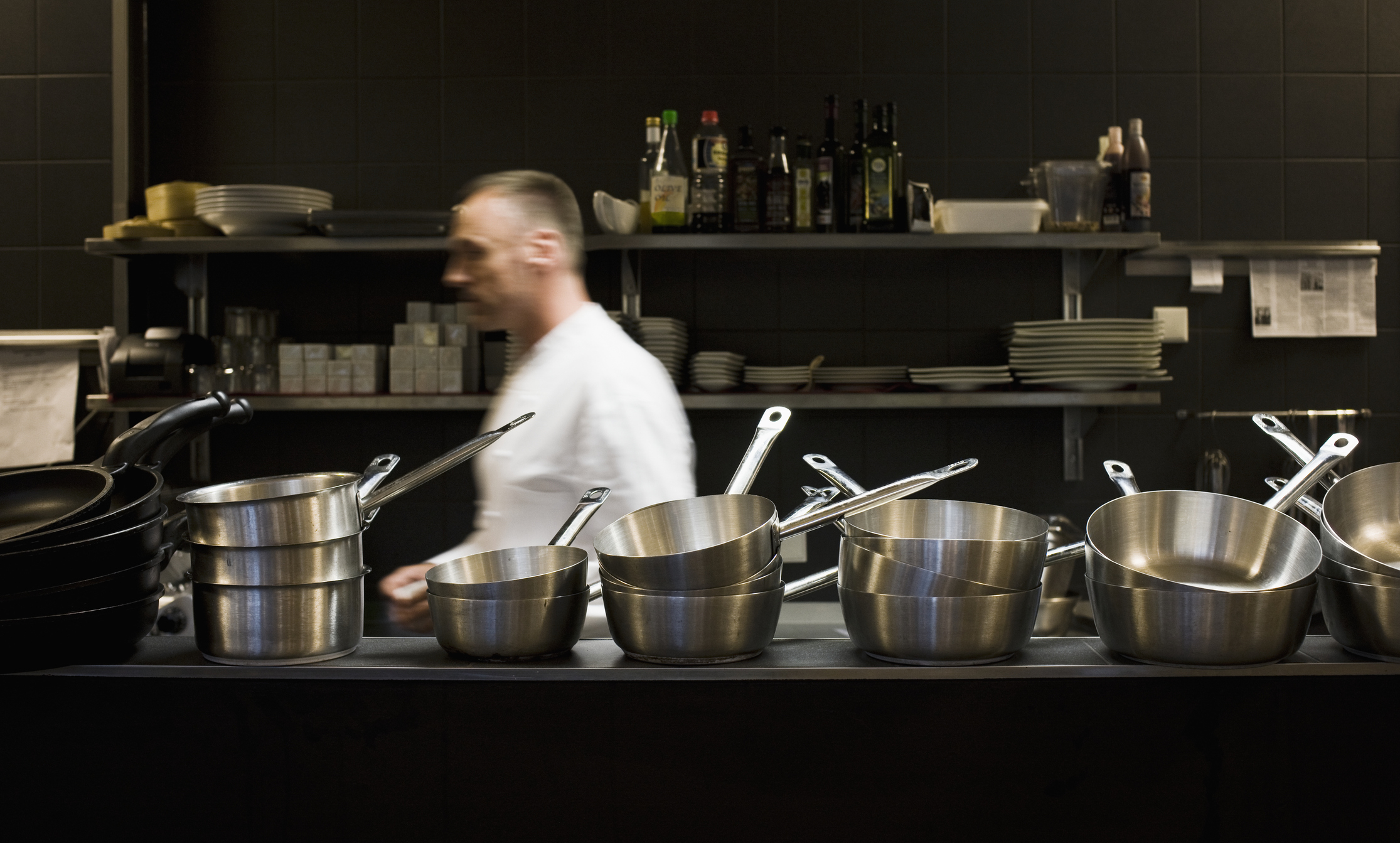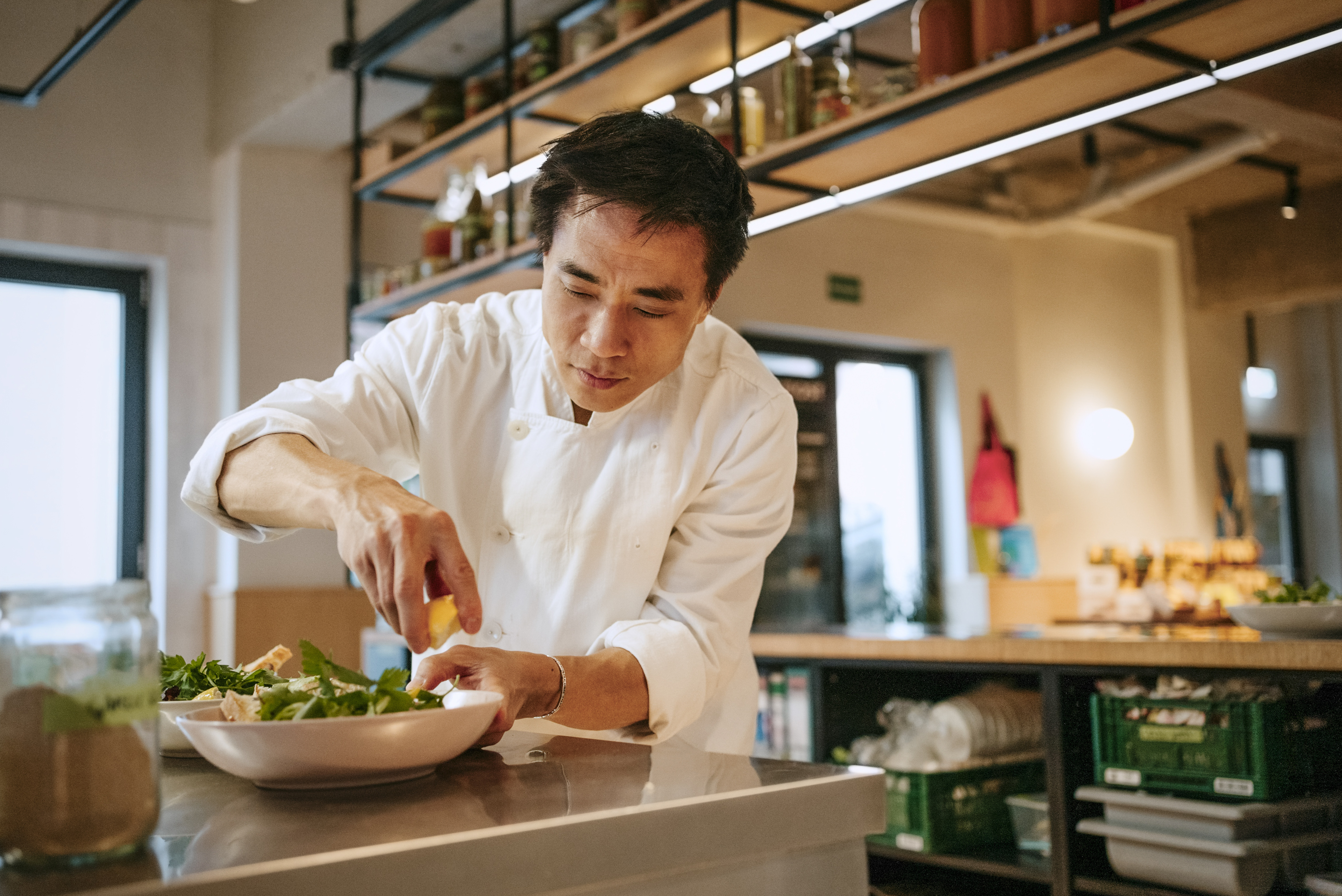There ’s still a lotThe Bearhasn’t break about kitchen culture …
Hello, curious cooks and gourmands! I’m Meg, a culinary professional and lover of restaurants and restaurant people, and I’m here to answer all your questions about working on the line!
With years of kitchen experience and a degree in culinary arts, I’m eager to share the insights and expertise I’ve gained from working with some remarkable chefs.
Since 2020, I’ve noticed a long-overdue shift in the culture’s perception and affection for cooks and restaurant workers. The COVID-19 pandemic forced governments and society to recognize food service workers as essential. In 2022, the hugely popular series about kitchen culture,The Bear, dramatized the non-stop work of running a restaurant and the diverse life experiences of the people working in kitchens.
What was once viewed as the “underbelly” of society is suddenly being given a bright spotlight with an Emmy Award-winning dramedy series. People have had a kind of voyeuristic interest in kitchen culture for a long time. It’s why we have TV shows likeTop Chefand everything starringGordon Ramsay. As someone who’s worked in kitchens for years now, people ask me a LOT of questions about what it’sreallylike, so I thought I would open the forum up to ourBuzzFeed Communityand let youask me anythingabout my experience.
So without further ado, here are your questions, and my best responses…
1.QUESTION: I’ve heard from a lot of people, “You don’t want to know what goes on in a restaurant kitchen.” So my question is: How dirty are most restaurants really?
ANSWER: Good line cooks take a lot of pride in working clean and having an organized station — your cleanliness shows everyone in the kitchen that you know what you’re doing. The same goes for chefs; their kitchen reflects their leadership. That’s how it works.
All that being said , mass and dirt are occupational hazards in the professional kitchen ; sauces fall , hot goat god get throw off , and cooks with dirty clogs shuffling around the kitchen for 10 + hour daily . So yes , kitchens get dirty , but whether or not they remain that fashion at the oddment of the nighttime is a reflection of the chefs working there .
If you are nervous about food safety when dining out, check the state of the restaurant’s dining room and bathroom when you arrive. If the managers care about the cleanliness of the kitchen, the dining room is definitely spick-and-span.
Also , I advise getting to live the mass cook at your favorite stead . Make an effort to give thanks the chef if you see them walking through the dining elbow room and inaugurate yourself ! Look out for how the chef interacts with their employee and other guest . I ’ve work in kitchen that deck - washed * the flooring every dark and place that mop mayyyyybeonce a workweek . you could guess which one was led by a respectful chef who care deeply about their eatery and which was lam by a chef who did n’t .
Moreover , word - of - rima oris is still the good mode to encounter upstanding restaurants with good citizenry exploit there . Trust your friends ' and locals ' recommendations over Google and Yelp critical review !
- Deck - washing — yes , like what sailors do to the deck of a ship . Some professional kitchen have drains in the level that leave you to deck - wash with soapy H2O , deck of cards scrubber , and large squeegees . It can be fun , lobbing buckets of fulsome water across a kitchen while other cooks raced to call off dirt from the tiles into the drains .
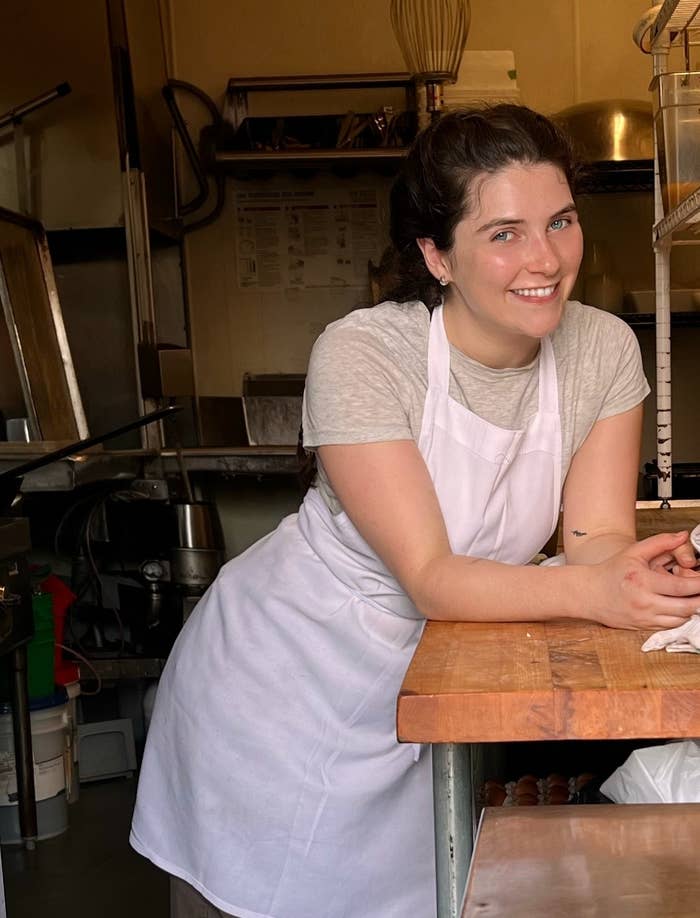
2.QUESTION: I once heard that hollandaise sauce often sits around for hours, so one should only eat eggs Benedict if ordered before noon. Is that true?
ANSWER: I’m sorry to be the bearer of bad news. This is mostly true.
Hollandaise is an photographic emulsion of testicle yolk and liquified butter . It has to be held at a temperature strong enough so the butter does n’t solidify and cool down enough so that the yolk does n’t scramble . And what else loves strong but not too live temperatures ? Food - carry illness - ride bacterium ! Yuck !
Anthony Bourdainfamously exposed the unappetizing truth about hollandaise in his memoirKitchen Confidential : adventure in the Culinary Underbelly . eatery serving hollandaise should ideally make a Modern sauce every 60 minutes or so , but during a brunch rush , intermit service to make a finely emulsified sauce is nearly out of the question .
So , to be safe , I would advise you to get your order presently after the restaurant open or save egg Benny for brunch at house . Sauce - qualification is intimidate for many abode Cook , but the reality is that hollandaise sauce has few ingredients and take minutes to make ; plus , any breakfast Edgar Albert Guest ( eye blink , wink ) will be SO impressed if you whisk up eggs benedict for them . Being manipulate for is always sexy .

3.QUESTION: If a dish becomes popular, are you happy or bored with making it over and over?
ANSWER: This is an infuriating answer, but it really depends on the dish. Some dishes are more fun and easy to plate than others. I worked the grill station at a restaurant that sold a lot of flank steaks, and I always got stressed out during pickups* that had a bunch of beef orders. I donotmiss making that dish.
- pickup truck — a word used by line cooks and chefs for an order during armed service that is being cooked and plate all at once .
Working on the line is the ultimate expression of the flow state. Once you’ve worked a station for a while, hopefully, most of what you’re doing during service is muscle memory. As the ticket machine prints orders, the expeditor* calls pickups and your body moves synchronously with the rest of the kitchen. So, while you may get tired of a dish on your station occasionally, you never get tired of that flow. That invigorating feeling is part of what keeps many people in the industry despite its less savory qualities.
expeditor ( aka ' expo ' ) — a back - of - house role , often the chef , who is responsible for trailing , organizing , and calling incoming food order ( aka ticket or ' chits ' ) . For sports doctrine of analogy folk , they are like the quarterback , making decisions about how and when the dishes will be cook and sent to the dining elbow room . They are also the kitchen point mortal for the front - of - house . They audit and zhuzh every crustal plate that makes it to the pass . ' Expo - ing ' is a role some people prosper in and others regain supremely overwhelming . I fall somewhere in the middle : both overwhelmed and somewhat skilled on expo .
The pass — an area of a kitchen where cooks direct dishes to be approved by the expeditor and sent into the dining room . It is the bridge between the front and back of house team and the internet site of much strife and distress .
4.QUESTION: What is the best way to ask somebody working in a restaurant what is made fresh vs. in advance? And, what should we, as diners, only ever want to eat fresh?
ANSWER: I would take a page out of Whitman/Lasso’s book and ask your server about the freshness of the food with curiosity, not judgment. Rather than ask, “Is the mayonnaise store-bought?” you could ask, “How does the chef prepare the sauce for the chicken salad?” Or, you can try a more general question and ask, “Is there anything the chef really loves making or talking about that we should try?”
In world-wide , I remember , we are a luck more frantic to tell you about the food if we feel like you are authentically interested in the restaurant and not just interested in whatyoucan get out of it . If something is local and/or homemade , most restaurants willwantto gas that and put it on the carte du jour , unless you are at a swanky farm - to - table place , in which case they require diners to assumeeverythingis local and homemade .
Do n’t hesitate to ask about the food you ’re pay for , but be conscientious and kind when asking !
Freshness iscrucialwhen it comes to seafood. If you’re craving fish, go to a restaurant that specializes in seafood, rather than a chophouse or some other kind of restaurant.
At a steakhouse , perhaps one in six guests orders a seafood dish , so most of the time , the fish just sits in the kitchen , waiting to be ordered . The longer it sit , the more bacterium acquire . At a ( hopefully democratic ) seafood eating house , most hoi polloi regulate Pisces beauty , and with that high turnover rate , the Pisces is n’t sit around for long between when it ’s have and when it ’s fudge . Also , seafood restaurant are more likely to make with swear seafood purveyors instead of sweeping food distributor who are less discerning with their seafood products .
looker like fried squid or Pisces and chips are mostly good to eat on because the Pisces is cooked into submission , but if you worry about foodborne illness , steer clear of room - temperature sashimi and raw oysters .
sweet Green River and sprouts are another food for thought safety concern that many people are n’t cognisant of . Because they are often served raw and stash away in plastic containers that retain high temperature and moistureveryeasily , dough and sprouts can become vacation spot for bacterium likeE. coli . Just be mindful of this the next time you ’re argue getting a side salad or tyke with your burger ; french-fried potatoes might actually be the good selection .
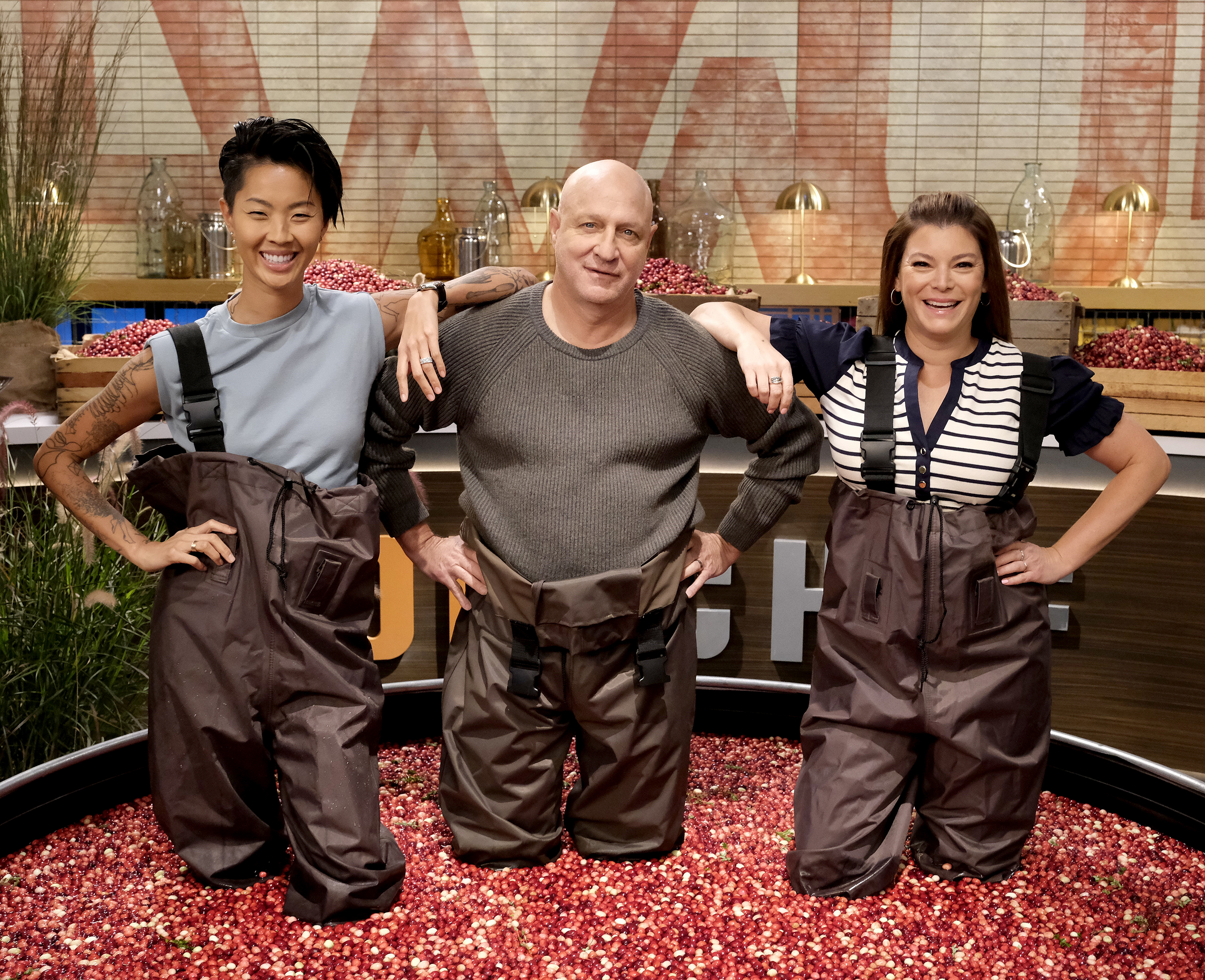
5.QUESTION: This is a really broad question, but what things change for you when cooking at home vs. in a restaurant?
ANSWER: Simplicity is the most significant difference between cooking at home and work. I won’t cook a dish for myself if it requires more than one pan.
When I ’m work full - clip in restaurants , I don’treallywant to pass a lot of sentence in the kitchen at home , but I still want to eat on comforting and simple food for thought that ’s sound for me . The great irony of being a chef is that we are smother by food all the fourth dimension but often do n’t have metre to eat ourselves , with the exception of mob meal , which are prepared before service of process by one of the cooks for everyone working in the restaurant .
Family meals are usually comfort food , and while grill high mallow and deep-fried Sir Tim Rice will feed a group of cooks enough energy to get through the night , I still like to get my special K in somehow . I ordinarily eat those at home ( often by whacking a bunch of spinach into a blender with a frozen banana tree and promise it a Clarence Day ) .
Another difference is that home cooking is mostly spontaneous, while restaurant dishes are composed, revised, and edited according to the chef’s tastes and the customer’s desires. They are carefully crafted, with multiple components that can take days and even weeks to make.
When cooking at home plate , I do n’t contrive out day ahead for what I want for dinner . When I enter my kitchen , I am typically judge to answer three questions : What do I have in the fridge / pantry ? What am I starve ? How quickly can I make something to satisfy that craving ?
6.QUESTION: What happens to the untouched food that gets sent back? Does it get thrown away or given away, or do you sometimes get to take it home?
ANSWER: In my experience, partially eaten food is always thrown out, but if untouched food is sent back and can’t be salvaged or re-plated to suit the guest’s needs, it will most likely be eaten by someone who works at the restaurant.
No one want to see delicious food in the deoxyephedrine , specially not the Cook who prepared it . I ’ve attend waiter argue over a half - Gallus gallus that was too browned for the guest . So yes , food that is sent back and gets re - send away * will still end up in someone ’s belly .
- re - fire — when the expeditor adjudicate a stunner is impossible to give to a client or a looker gets get off back to the kitchen and pauperism re - qualification , the line cook ’re - fire ' by hit it again per the chef and guest ’s specifications .
7.QUESTION: I have worked in restaurants but always in front-of-house. I have dealt with my fair share of harassment from cooks, which is standard in the hospitality industry. My question is, how is it working as a woman in the back of the house? Do you feel like you have to have balls made of titanium and put up with no bullshit? Does it depend on your co-workers?
ANSWER: Anita, I’m so sorry you’ve had to experience harassment at work. Thank you for highlighting this issue; gender discrimination and sexual harassment have no place in any professional setting, including restaurants.
Some kitchen , like lots of other businesses , are used to play like " one-time boys ' clubs , " which creates unfair and often severe work surroundings . Harassment and hazing have beennorms in the industryfor a farseeing sentence ; I wo n’t profess otherwise . People , particularly women , have been made to feel uncomfortable and dangerous in the restaurant industriousness , but this culture is becoming less and less stomach in professional kitchens .
Working on the line has been incredibly empowering. That power has less to do with having “balls made of titanium” (I amprettysensitive) and more to do with the confidence I gained as a member of a kitchen brigade that people relied on and supported.
Although I have had my moment weep in the walk - in , * I am usually empowered enough not to listen to any negative stochasticity from cooks or people in my life history who may have thought I did n’t belong on the line . Iknew that I did , and so did the chef .
I have been favorable enough to work for unbelievable chefs , and many of them happened to be women . They showed me the ropes of achiever and how to command respect in a male person - dominated industry .
My advice for mass enter the culinary world endeavor to find healthy and sustainable work is to confide your instinct and not settle for a toxic environs . When I take up working in restaurants , I felt like I had to " pay my due " and put up with bad behavior because it was all part of the chore . It is NOT . Your Book of Job as a cook is to show up , remain unionized , and push out some nutrient you’re able to be lofty of . Everything else ? The antic , the hazing , the drinking , the molestation … that is a pass away civilisation of an unhealthy industry . It isnotthe job .
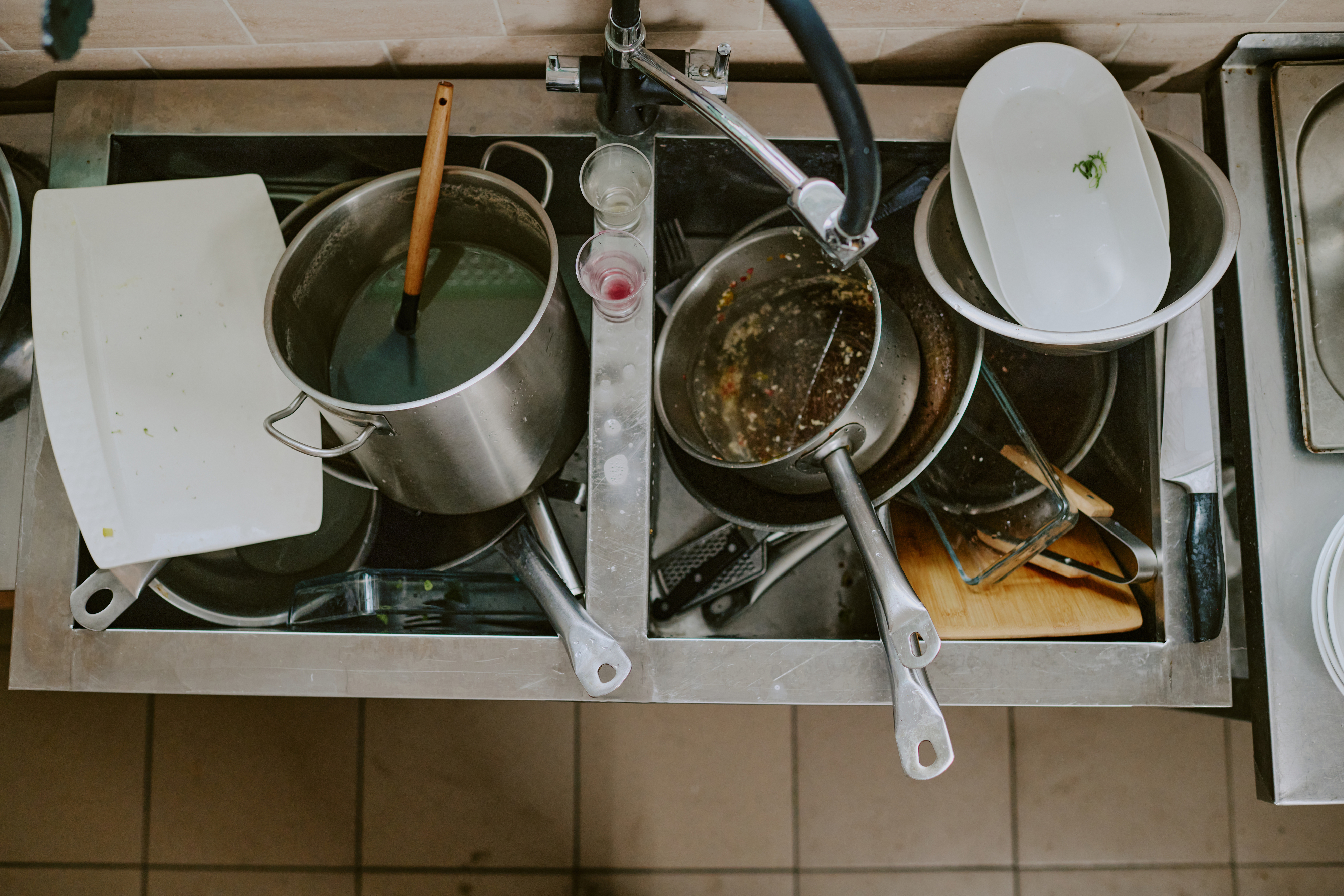
To man in the industry , do n’t twist a blind eye . mouth up when you detect your coworkers chevvy others at work or being inappropriate .
All that said , there are many kitchens with positive , empathetic chefs who will tolerate you to thrive as your unquestionable ego . Some of mybest friendsare men I met working in kitchens , and most of my experiences with world in kitchen have been supportive and positive .
- take the air - in — the giant walk - in icebox in a professional kitchen , and a favorite spot of mine for handling difficultemotions . Tears may heat your nerve , but the walk - in air will always cool you down .

8.QUESTION: Some say there are two kinds of chefs: those who constantly try to achieve fame and acclaim in any way possible — be it competitions or trying to get on TV in any way possible — and those who choose to toil away day after day, constantly trying to improve their craft while seeking no other applause than a truly satisfied customer… What do you think?
ANSWER: I would argue there are as many kinds of chefs as there are grains of sand on a beach. I don’t think there’s anything wrong with either of the two kinds of chefs you’ve mentioned here. Choosing to work on your craft, provide nourishment and service to members of your community, and train the next generation of cooks and chefs is far more than “toiling away.”
Seeking acclaim for hard work is totally human , and most people have ambition for their career . Still , in the culinary industriousness , everything is heightened . Where others assay career acclamation through furtherance and fiscal recompense , chefs reach celebrity , television , book deals , and social medium followings .
If you ’ve drop time with chefs , you eff they tend to be militant , often ungratified in their quest of excellence ; at the same meter , they are , at heart , in the business of service and spend their careers nutrify others . Rather than slotting chefs into the categories ofambitiousandtoiling , I reckon we should respect the service aspect of their work and remember them for dedicating their life to it , whether or not they received accolades for it .
9.QUESTION: How do you personally deal with the drinking/drug culture that exists in restaurant kitchens, and what should people know about it?
ANSWER: The industry has evolved so much over the past few decades, but food service is still, to a certain extent, a “pirate profession,” and some behavior, especially around alcohol, is tolerated in professional kitchens that would never slide in typical 9-to-5s. I know some industry leaders who want to abolish shifties* from kitchen culture, and I know chefs who insist that shifties and casually socializing with your fellow cooks are critical for creating a sense of comradery and purpose among a kitchen crew.
The work of a line cook is fantastically grueling at times , and it makes sense that some people would want to " have off some steam " at the end of a long night with a swallow . But , when you ’re working five to six Nox a week , " lease off steam " quickly becomes a full - fledged dependence and an unhealthy coping mechanism . I ’ve get word this chance more times than I wish to say , but at some of the station I have worked , the eating place ’s possessor and leadership endorse the people and helped them get the help they needed . That is the kind of committal to staff that the industry take more of , in my opinion .
I do n’t have all the answer to this interrogative , but I do go for that meat abuse remain to become a more renormalise conversation in the industry and mainstream culture .
- shifties — ( aka shift drinking ) a free crapulence , typically an alcoholic one , offered to the kitchen crew at the end of a night of service

To be completely honest, my feelings about the industry are constantly evolving. While there are many things I wish I could change about restaurant work and the status quo for chefs, I still love the work. To anyone considering joining the culinary ranks, I hope I did not dissuade you. It is difficult, messy, tiring work, but it is also incredibly fulfilling. You just have to decide if it’s right for you.
